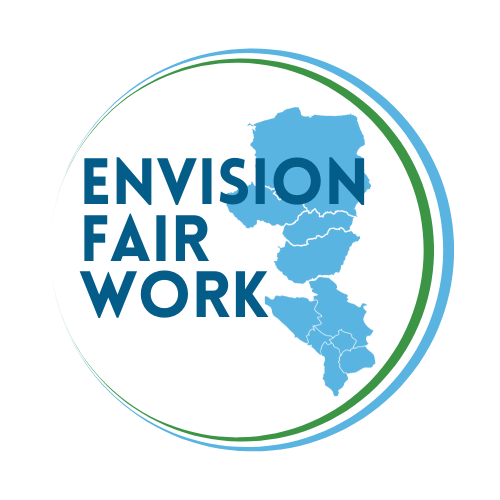Policy Brief | The Enforcement of the EU Forced Labour Regulation and Systemic Forced Labour Risks in Xinjiang
At the end of November 2024, the European Parliament took a major step by adopting Regulation 2024/3015 banning products made with forced labour on the EU market. The ban, which will enter into force in December 2027, applies to the entire supply chain, with enforcement carried out by national authorities within the Union and by the European Commission in cases outside the EU. Although the measure has a global scope, it faces a number of challenges, particularly in relation to Xinjiang. Forced labour practices in the region have been repeatedly documented and acknowledged by both the International Labour Organization and the United Nations. At the same time, Xinjiang is a key supplier of solar panels, critical raw materials, aluminium, PVC, and cotton, while forced labour there often takes the form of state-organised mobilization outside internment facilities, which makes its detection especially difficult. For this reason, as noted by Jan Švec, Research Fellow at the Institute of International Relations in Prague, enforcing the Regulation will represent one of the most complex challenges for the EU’s trade policy.
15. October 2025







